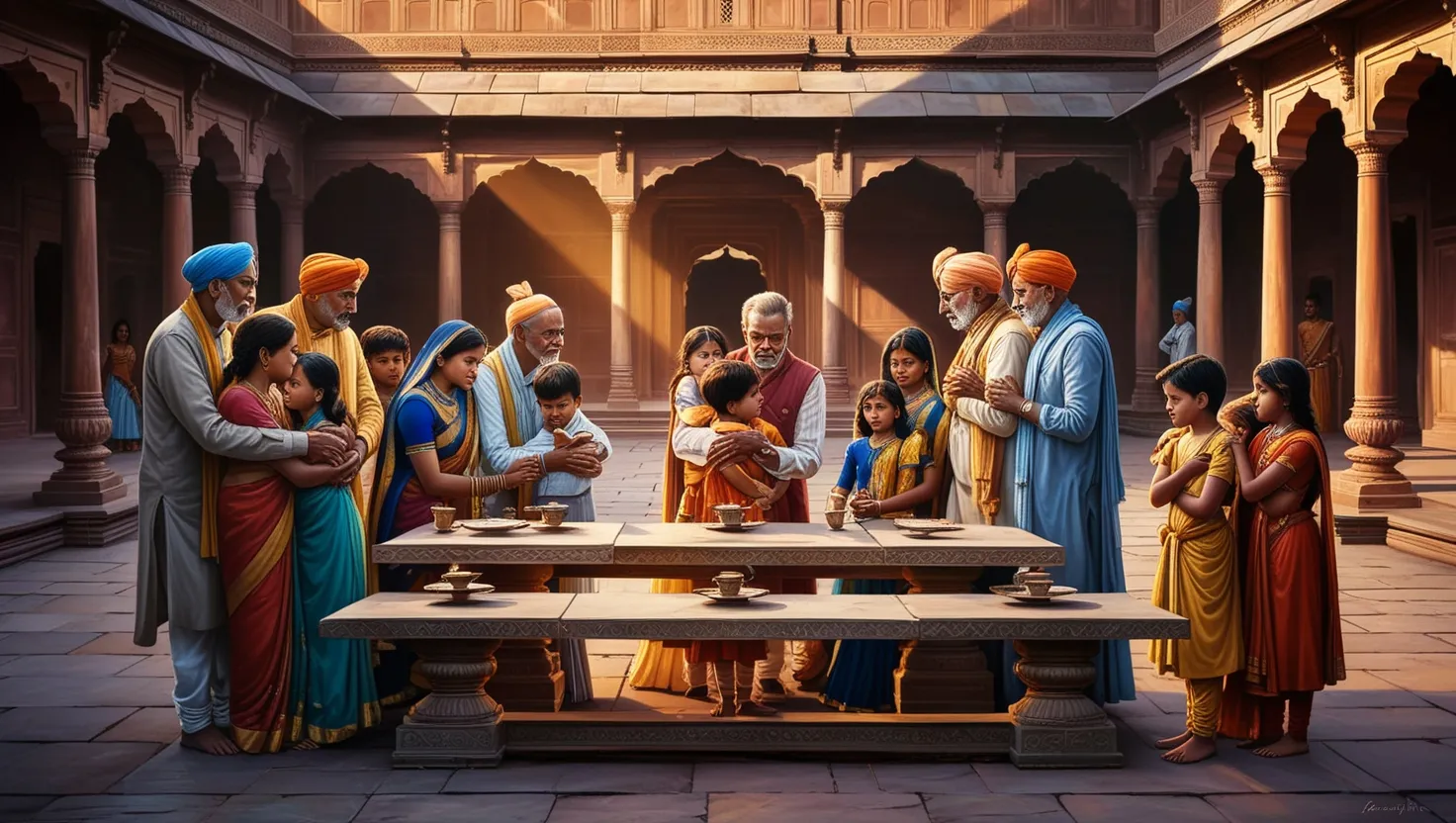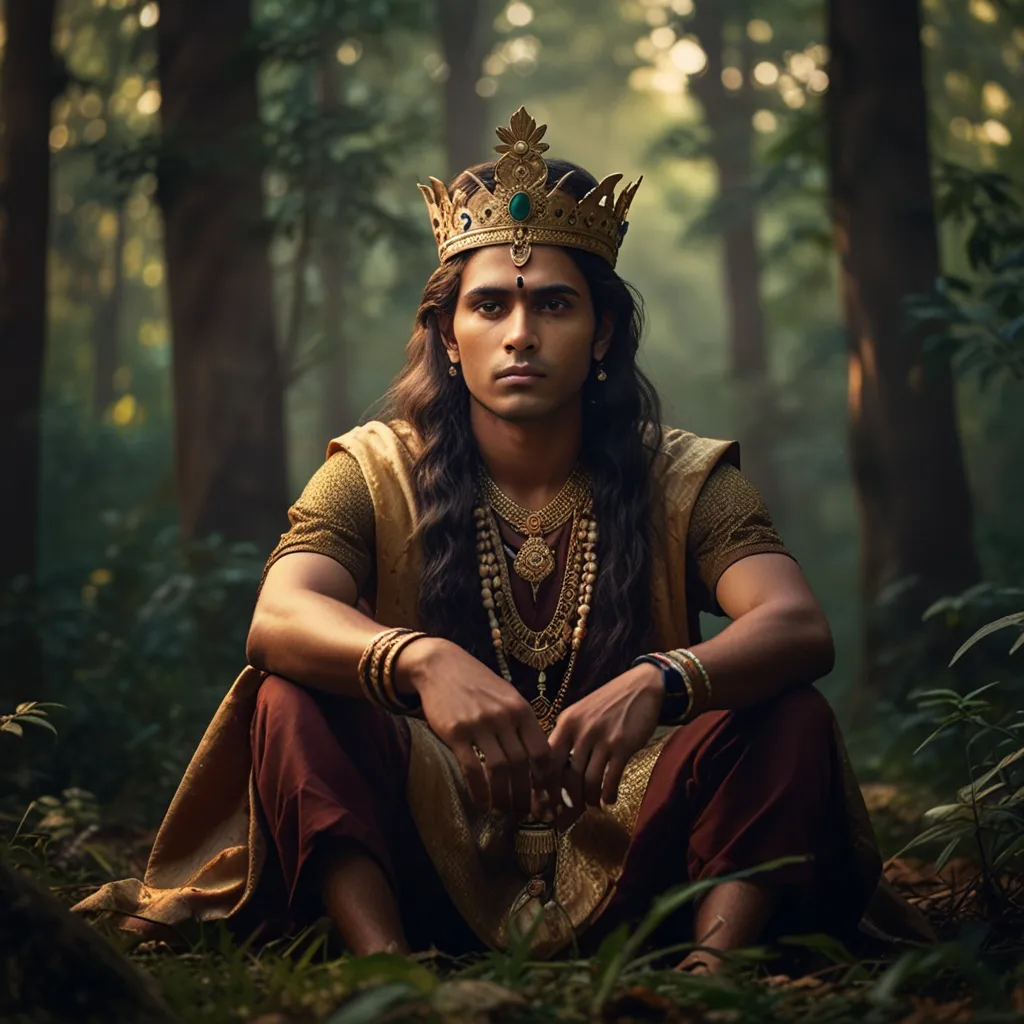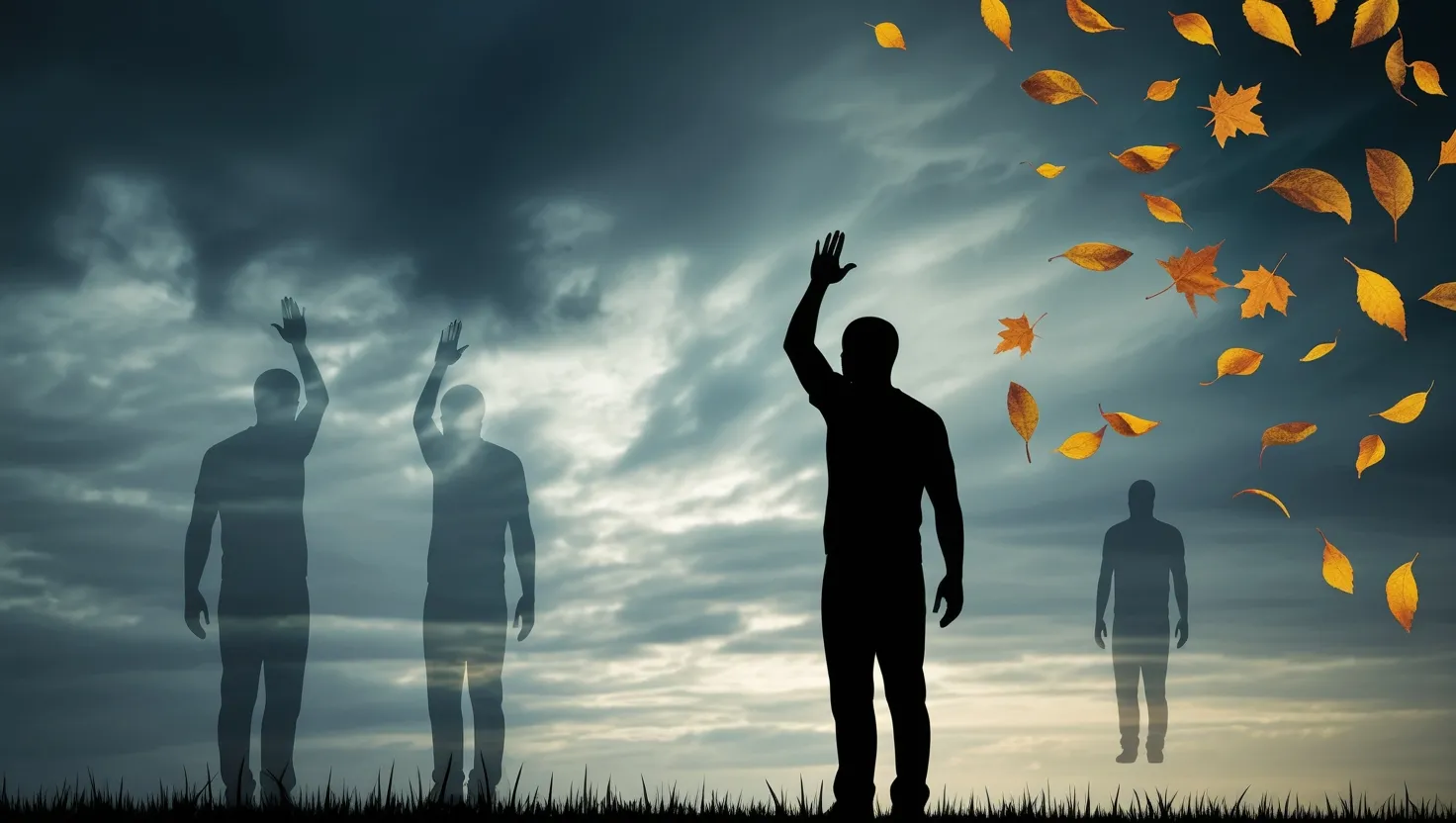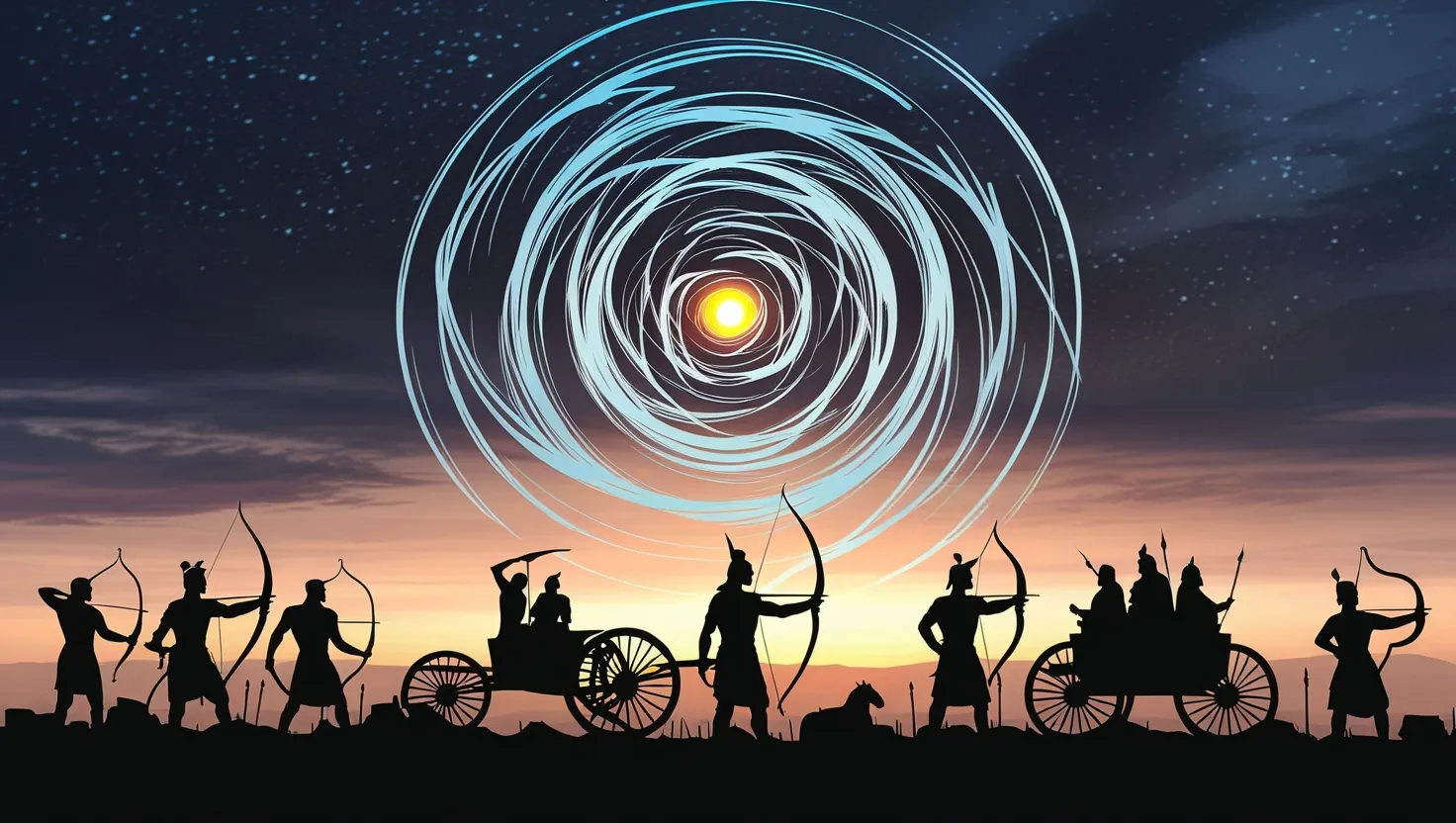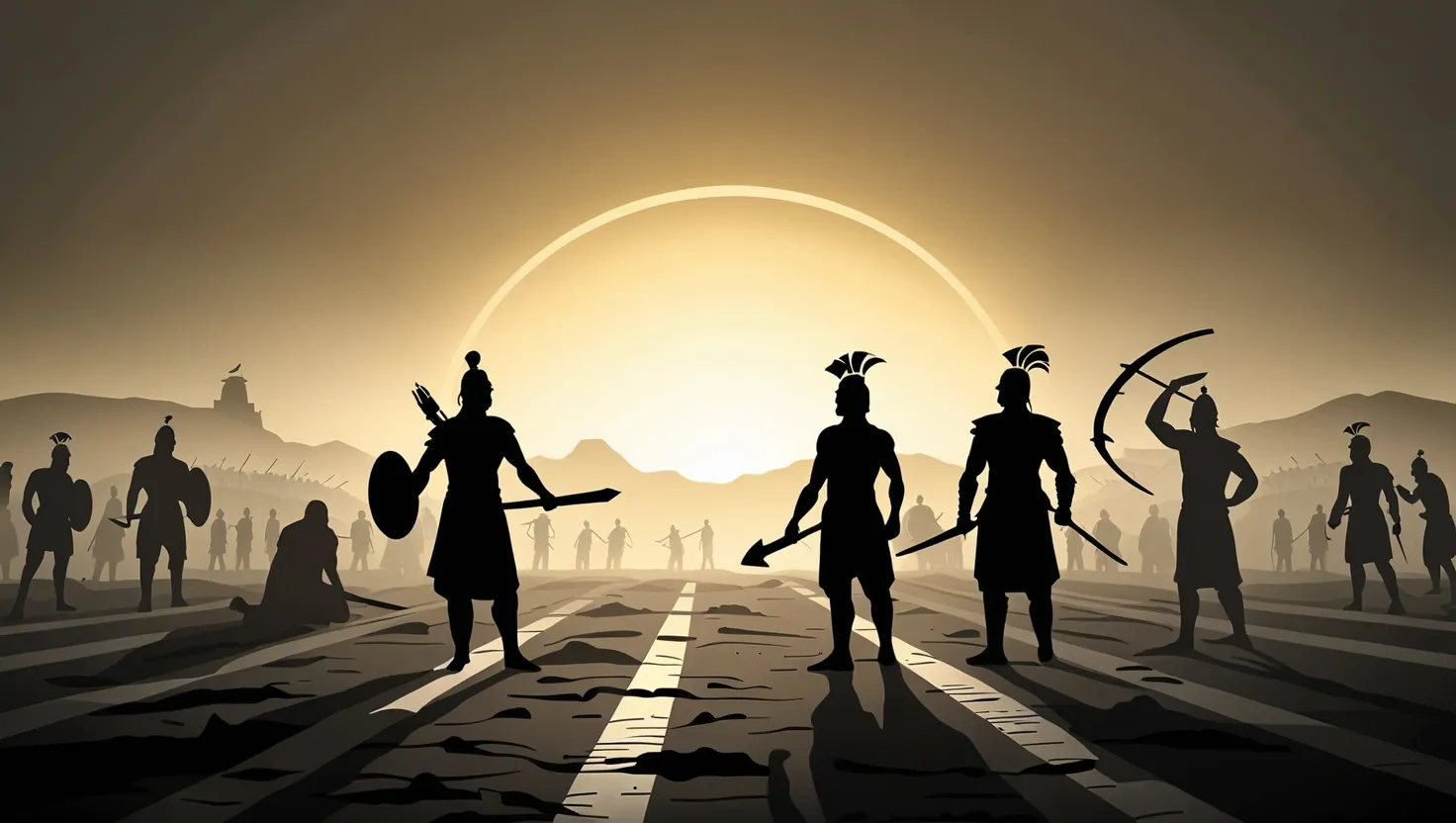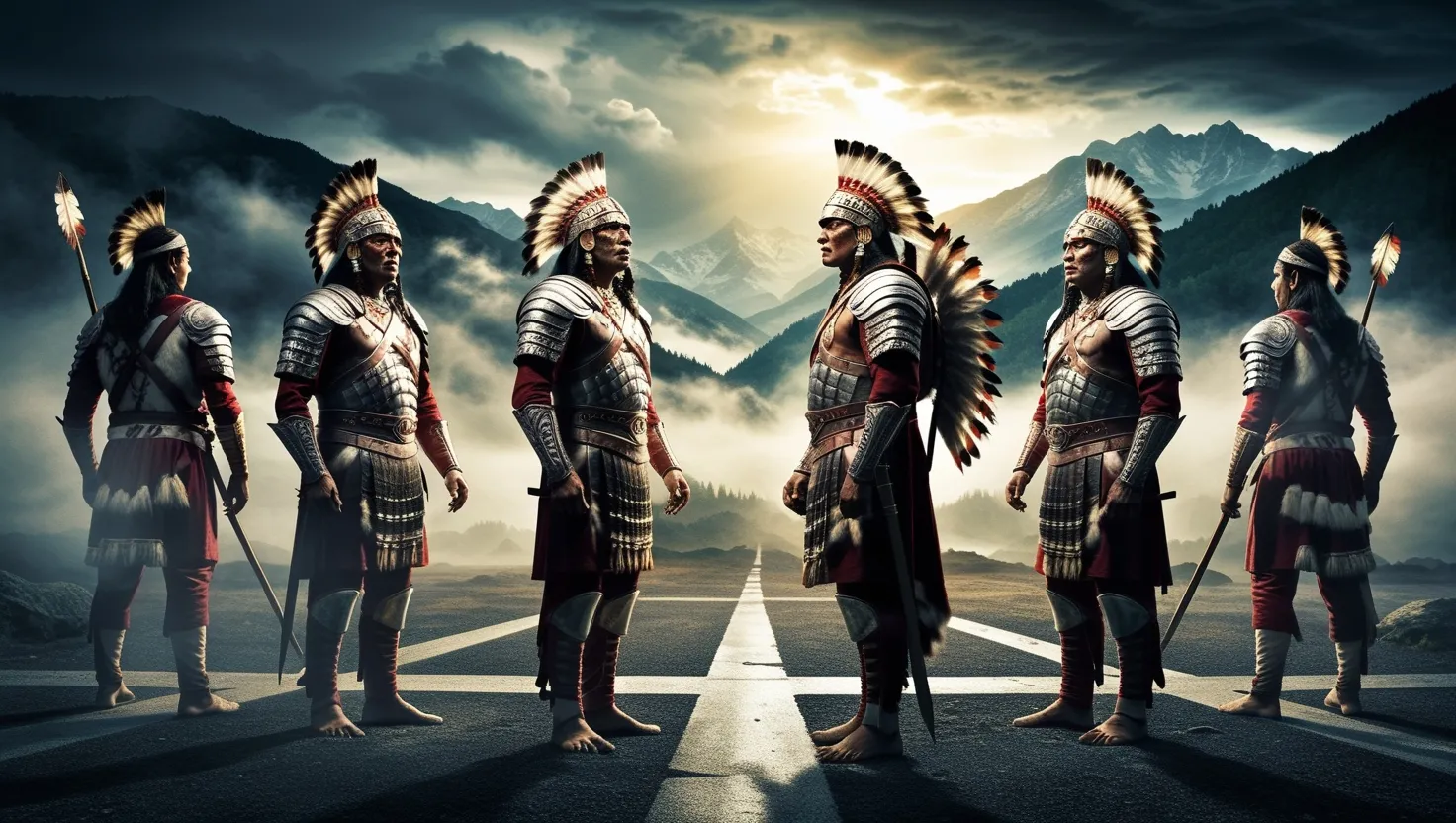If I had to pick a single story that captures the messy, glorious, and sometimes terrifying truth about families, it would be the Mahabharata. Not just because it’s an ancient Indian epic, but because, even after thousands of years, it reads like a hyper-real family drama—cousins at each other’s throats, parents trying their best but often failing, siblings caught between love and rivalry, and secrets that refuse to stay buried. Family, here, is not a fuzzy concept. It’s a force that shapes lives, starts wars, and forces impossible decisions.
Most of us know the surface: two sets of cousins, the Pandavas and the Kauravas, fight for the throne, and it ends in a spectacularly bloody war. But if you look closer, every major event in the Mahabharata starts not on a battlefield, but around a dinner table, in a courtroom whisper, or in a parent’s uneasy silence. The real story here is not about who wins or loses, but about how relationships bend, break, and sometimes heal—often in ways no one expects.
Let’s begin with the Pandavas and the Kauravas. They are cousins, raised together in the same palace, sharing meals, games, and teachers. You’d think that kind of closeness would build bonds, but it sometimes does the opposite. Rivalry, especially when it’s over something as big as a kingdom, can turn even the smallest slight into an unhealable wound. The teasing, the taunts, the games that aren’t really games—all of it feeds a fire no one knows how to put out. You ever notice how, in big families, a single comment or a joke can linger for years, twisting into something much uglier? The Mahabharata shows us how those small moments, left unchecked, can grow into something enormous.
“Words can be weapons sharper than swords.”
But it’s not just about envy between cousins. The roots run deeper. Dhritarashtra, the blind king and father of the Kauravas, is a figure of both pity and frustration. He loves his children, especially Duryodhana, but that love is blind in more ways than one. He sees his son’s faults but can’t bring himself to act. In families, don’t we sometimes ignore the obvious, hoping love alone will fix things? Dhritarashtra’s inability—or unwillingness—to confront his son’s growing malice is a quiet warning: love without honesty can be as dangerous as hate.
And then there’s Pandu, the father of the Pandavas. Cursed to remain childless unless the gods intervene, his life is marked by longing and loss. His wives, Kunti and Madri, bear children through divine intervention, but the weight of that legacy falls on Kunti especially. How many times have we seen a parent carry the burden of impossible choices? Kunti’s secret—an abandoned firstborn—haunts the entire epic. She does what she thinks is right at the time, but secrets have a way of surfacing at the worst possible moment. The pain of her decision lingers, not just for her, but for Karna, the son she gives up, and for the Pandavas, who eventually find themselves at war with their own brother.
Karna’s story is one of the most heartbreaking in all of world literature. Born to Kunti before her marriage, raised by a charioteer, he grows up longing for acceptance and respect. No matter how brilliant or brave he is, he’s always the outsider, the “charioteer’s son.” Have you ever felt like you didn’t quite belong, even among those who should have been your own? Karna’s struggle is the struggle of identity—wanting to be seen for who he truly is, not just where he comes from. It’s a conflict we all recognize, even if we haven’t lived through war and betrayal.
“A charioteer’s son should carry a whip, not a bow.”
Bhishma, the granduncle of both the Pandavas and the Kauravas, stands as a symbol of self-sacrifice. He gives up his claim to the throne and vows to remain celibate, all to allow his father to remarry. On the surface, this is noble. But what does it mean to always put the family—or the kingdom—before yourself? Bhishma’s life is a series of impossible choices, each meant to keep the peace. Yet, his devotion to duty sometimes means he stands by while injustice happens. Has your sense of duty ever left you feeling helpless, unable to act even when you know something is wrong?
One of the most astonishing things about the Mahabharata is how it challenges our ideas of what a family can be. Draupadi, the wife of all five Pandava brothers, turns the idea of marriage and partnership inside out. Her relationship with each brother is unique, but together, they’re a unit, facing the world as one. Doesn’t that make you wonder how we define family today? Is it blood, or is it something deeper—shared trials, shared burdens, and shared victories? Draupadi’s humiliation by the Kauravas is a turning point in the story, but it’s also a moment when the brothers’ loyalty to each other and to her is tested in the most public way possible.
Polyandry wasn’t common then, and it’s rare now, but her story shows us that family structures are fluid. What matters more than the shape of the family is the quality of the bonds within it. Draupadi’s pain becomes the Pandavas’ pain, and her quest for justice becomes theirs as well. How often do we stand with those we love, even when the stakes are high and the world is watching?
Let’s not forget the quiet voices—those who could have changed the course of history, if only someone had listened. Vidura, the wise half-brother born to a servant, is the conscience of the court. His advice is unheeded, but his presence is a reminder that wisdom doesn’t always come with power. In your own family, have you ever had someone whose advice you wish you’d taken, but didn’t? The Mahabharata is full of such missed chances, moments when a word or a gesture might have changed everything.
And then there are the parents and teachers, whose love is often mixed with favoritism and ambition. Dhritarashtra’s blind love for Duryodhana, Drona’s preference for Arjuna—both are examples of how even the most well-meaning adults can tilt the scales, sometimes without realizing it. Think about your own teachers or relatives. Were there ever moments when their choices, small or large, created rifts that lasted a lifetime? The Mahabharata shows us that parents and mentors shape not just individuals, but whole families, for better or worse.
The war at Kurukshetra is, of course, the culmination of all these tensions. But it’s not just a fight between armies. It’s a brother killing a brother, a nephew standing against his uncle, a student facing his teacher. The battlefield becomes a mirror for the most painful family truths: sometimes, we hurt the ones we love the most. Even the victors, the Pandavas, can’t truly celebrate. They win a kingdom, but lose almost everyone who matters. Isn’t that the irony of so many family feuds? In the end, what’s left is often ashes and regret.
But the Mahabharata isn’t just about loss and tragedy. It’s also about the possibility of forgiveness and healing. After the war, Yudhishthira, the eldest Pandava, is consumed by guilt and grief. He questions whether victory was worth the cost. His journey—through despair to acceptance—reminds us that even after the worst conflicts, there can be reconciliation, or at least some measure of peace. How many of us have wished for a second chance with someone we’ve hurt, or who has hurt us?
The choices made by the Mahabharata’s characters are never simple. Karna, sitting with the Kauravas, learns that the man he’s been fighting is his own brother. Arjuna, on the battlefield, hesitates because he can’t bear to raise his weapon against his own kin. These are moments when duty and love collide, and there is no perfect answer. The Mahabharata asks us, again and again: What do we owe our families? When do we stand with them, and when do we stand against them? Can we ever truly separate the two?
“The real blindness was not in Dhritarashtra’s eyes, but in his unwillingness to see the truth.”
Family, in the Mahabharata, is both the best and the worst of us. It’s where we find our greatest strengths and our deepest wounds. It’s where loyalty is tested, where secrets come to light, and where love can push us to acts of both great courage and devastating folly.
There’s something profoundly human about the way the Mahabharata tells this story. It doesn’t judge, but it doesn’t look away, either. It shows us that family isn’t just about blood or tradition, but about the choices we make every day—to listen or ignore, to speak or stay silent, to forgive or hold a grudge.
As you read or retell these stories, you might find yourself asking: How would I have acted in their place? Is it possible to love and also do what’s right? What would it mean to truly listen to those we’ve been ignoring? The Mahabharata doesn’t offer easy answers, but it gives us a mirror—one that reflects not just a distant, mythic past, but the families we know and the people we are.
So the next time you sit around your own family table, remember that you’re part of a story much bigger than yourself. The conflicts, the silences, and the choices—all of it matters. And maybe, just maybe, we can learn from the Mahabharata’s families, both their mistakes and their moments of grace. After all, history doesn’t repeat itself, but human nature, especially when it comes to family, is stubbornly unchanging.
If you’ve ever wondered why these stories still speak to us, it’s because they’re not really about kings and warriors. They’re about us—about what it means to be part of a family, with all its complexity, conflict, and quiet hope for something better.
